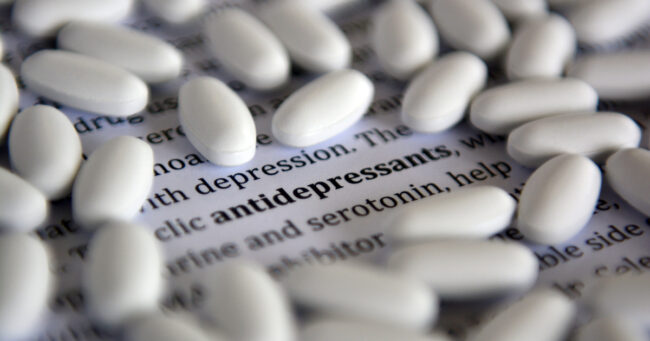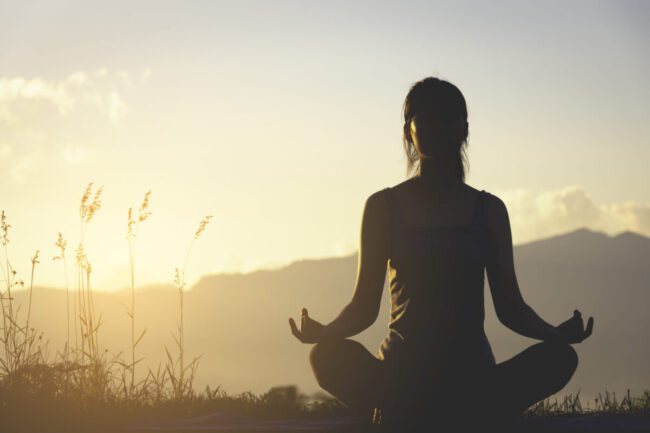If you have depression, you have likely heard of alternative treatments to help you. While these aren’t a cure (there is not currently an absolute cure for depression), some people may find their symptoms relieved through them. Of course, it’s natural to be skeptical; many people will only accept a treatment plan if it’s been offered by their doctor.
While it’s undoubtedly good not to rush into a new treatment that doesn’t have much evidence to show it works, that doesn’t necessarily mean writing off all alternative therapies is a good idea – especially if you’ve already tried the standard treatments for depression such as anti-depressions, lifestyle changes, and therapy. If you want to know more about alternative treatments, including whether or not they are worth it, you’re in the right place.
Typical Treatments for Depression

Before diving into alternative treatments, it’s a good idea to understand what your doctor will usually prescribe after a depression diagnosis.
Therapy
Therapy is an ongoing treatment option that involves the patient speaking to a therapist. These conversations are guided and help the patient get to the root of their emotional issues. There are some specific types of therapy with active goals in mind, such as CBT (cognitive behavioral therapy), which help to give patients the tools they need to manage their illness in day-to-day life.
Anti Depressants

A doctor will often prescribe antidepressants to those with depression. Usually, this is on a short-term basis, with the patient able to come off the medication after a period of time. In other cases, it’s normal for the patient to stay on the antidepressants for longer, sometimes even their whole lives. The need for the medication will be assessed periodically, and dosages will be altered.
Common Alternative Treatments for Depression
You now know the two most common treatments for depression, but what about alternative therapies?
Herbal Remedies

Some herbal remedies may be effective for treating the symptoms of depression, with a common one being St John’s Wort. This herbal remedy comes from the plant Hypericum Perforatum, and when taken by someone with depression, it often helps in the same way as antidepressants. However, it’s important not to take this treatment without consulting with your doctor, especially if you already take an antidepressant, as it may interact with your current medication.
Alternative Medications
Antidepressants are an accepted treatment for depression, but what about other drugs? Over the years, there’s been some evidence to show that drugs like ketamine and psychedelics can help people with depression if they are taken in a safe and controlled environment.
There are some retreats that offer these treatments, such as Daydream MD. During this retreat, you can heal through a supportive community alongside the treatments. When other options don’t work, it may be the route to your healing. Of course, it’s essential to do some research before trying anything new!
Exercise

Exercise is recommended to everyone, whether they have depression or otherwise. The question is, can it help people with depression overcome their symptoms? Some evidence shows that – yes, it can. Exercise releases the endorphins known as “happy hormones,” which can help people with mental disorders feel more positive over time. This is probably the safest alternative treatment, as exercise is a healthy lifestyle habit everyone should be doing anywhere. Of course, it’s not always easy for people with depression to begin exercising, as one of the symptoms is low motivation.
Acupuncture
Acupuncture is an ancient Chinese alternative therapy that involves sticking very fine needles into the body. It’s often used to treat physical pain, but it’s also been known as an alternative therapy for depression. It’s important to note that acupuncture doesn’t have any scientific evidence to back up its effectiveness and is often cited as a pseudoscience. However, there is anecdotal evidence from people who say that it does help them.
Hypnosis

When you think of hypnosis, you might think of a watch going back and forth, but that’s not the reality of it. Hypnosis, also known as hypnotherapy, may help people overcome negative thoughts. The link between hypnotherapy and treating depression isn’t too clear as of yet, but anecdotal evidence suggests it genuinely can have a positive impact.
Guided Imagery
Guided imagery is a form of therapy that uses relaxation techniques on the patient. It uses biofeedback through images (such as a beach), helping the patient see peaceful, positive images when dealing with the symptoms of depression. It’s quite a simple technique that has also proven to be effective.
Meditation

Meditation is a way to relax your body and mind. It involves sitting in a comfortable, quiet space and allowing your mind to feel absolutely present in the here and now. The goal here is to be in the moment without worrying about the past or the future.
The best part about meditation as a treatment option for depression is that you can do it from home (although you can also try meditation in a group setting). All you need is a quiet environment and at least five minutes to spare. There’s no harm in trying it, either, so it’s definitely something people with depression can do without worrying that it’s unsafe.
When Alternative Treatments Make Sense
Of course, most people don’t jump into alternative therapies straight away; usually, they are recommended if the usual treatments aren’t working well. Here are the situations in which alternative treatments for depression make sense:
- When standard treatments for depression don’t work
- When you’ve already tried other options
- When you’ve had depression for a long time
- When your doctor recommends it
It’s a good idea to discuss the options with your doctor behind going ahead with an alternative treatment, especially if that treatment involves taking medications.
The Takeaway
Alternative therapies and medications to treat depression can actually be helpful, especially for those who don’t respond to the typical treatments very well. However, it’s essential to do your research before diving into an alternative treatment – some are safer than others, after all.
In the end, it’s about your personal journey, and you and your doctor will know better than anyone what the next step in your treatment plan should be. Keeping your doctor informed is always the key.
